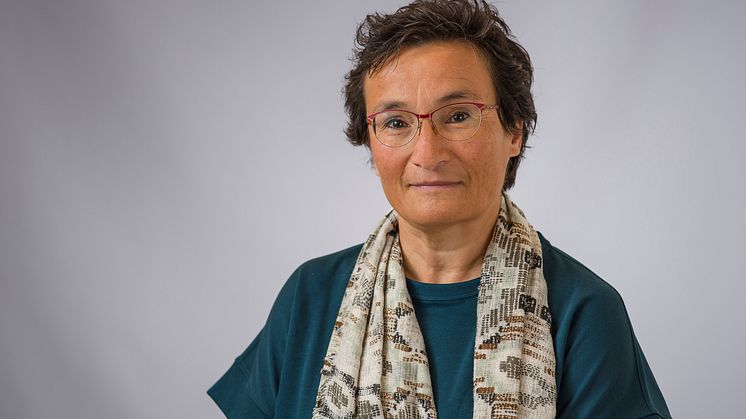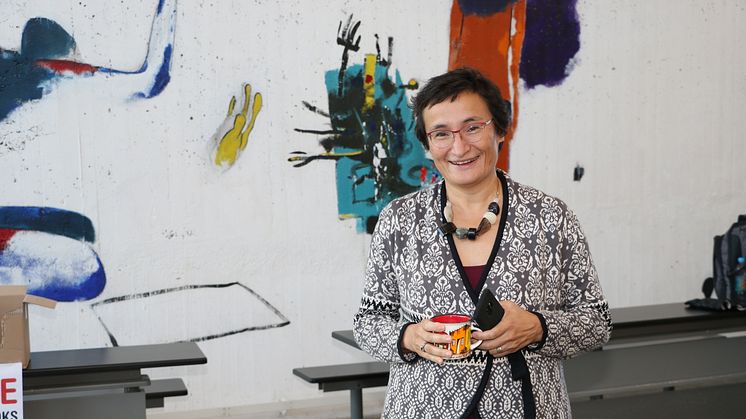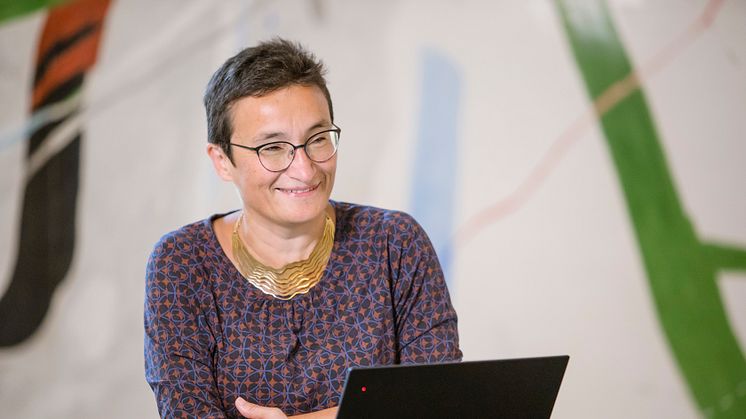
Press release -
New UN report on AI: "Urgent to collaborate"
A report by the UN Advisory Body on Artificial Intelligence shows that unregulated AI development poses risks at societal and ethical levels, as well as in terms of global governance. Something that requires urgent action.
The advisory board includes Umeå University researcher and AI expert Virginia Dignum.
"The report emphasizes the importance of global cooperation and warns that AI development is currently controlled by a few companies and countries," she says.
The United Nations Advisory Body on AI has released its final report, "Governing AI for Humanity," with proposals for managing AI globally and protecting human rights. The report highlights that current structures are insufficient and that a global, inclusive system for AI governance is needed. The report makes seven recommendations, including the creation of an international scientific panel on AI, the launch of a global AI fund for countries with limited resources, and the development of common standards for AI data. The report emphasizes that international cooperation is crucial.
"It is urgent to work together internationally to create a framework that addresses today's shortcomings, especially around human rights, fairness and risk reduction. Although a global governance structure can be difficult to create, it is important to have a dialogue where countries and regions can work together and find common solutions," says Virginia Dignum.
She believes that without governance AI entails great risks, especially as it can affect different population groups around the world unequally. Most governance initiatives today come from a small group of countries and companies, which means that large parts of the world, especially in the Global South, are underrepresented.
"Without the right governance, AI can exacerbate inequalities. But we must also avoid letting the fear of risks prevent us from using AI for good purposes," says Virginia Dignum.
Major benefits with AI
AI can also provide major benefits, such as supporting the achievement of UN'ssustainable development goals, improving healthcare, education and governance. It can empower local communities, help solve complex problems, and increase productivity and innovation.
"That's why it's so important to have a global network for AI development, so these benefits are available to everyone, not just to a few," says Virginia Dignum.
She feels that the work in the advisory body has been both challenging and rewarding. This has meant working with experts from different fields and regions, bringing in different perspectives and finding common solutions to AI challenges.
"We conducted over 50 global meetings and reviewed contributions from all over the world, which showed the great interest in shaping the future of AI. That made the process very meaningful," says Virginia Dignum.
Cultural differences
There are cultural differences in how different groups view AI, especially around the balance between innovation and regulation and the role of AI in society. Some regions focus on AI's potential for economic growth, while others are more concerned about ethical issues and threats to human rights.
"These different perspectives have enriched our discussions and show the need for a global, inclusive AI governance that takes into account different needs and values around the world. My role was sometimes to keep the group focused and remind them that we must not get caught up in the hype around AI," says Virginia Dignum.
Contact:
Professor Virginia Dignum
virginia.dignum@umu.se
+46 90-786 63 08
+46 720-85 08 90
Related links
Topics
Umeå University
Umeå University is one of Sweden’s largest institutions of higher education with over 37,000 students and 4,300 faculty and staff. The university is home to a wide range of high-quality education programmes and world-class research in a number of fields. Umeå University was also where the revolutionary gene-editing tool CRISPR-Cas9 was discovered that has been awarded the Nobel Prize in Chemistry.
At Umeå University, distances are short. The university's unified campus encourages academic meetings, an exchange of ideas and interdisciplinary co-operation, and promotes a dynamic and open culture in which students and staff rejoice in the success of others.




